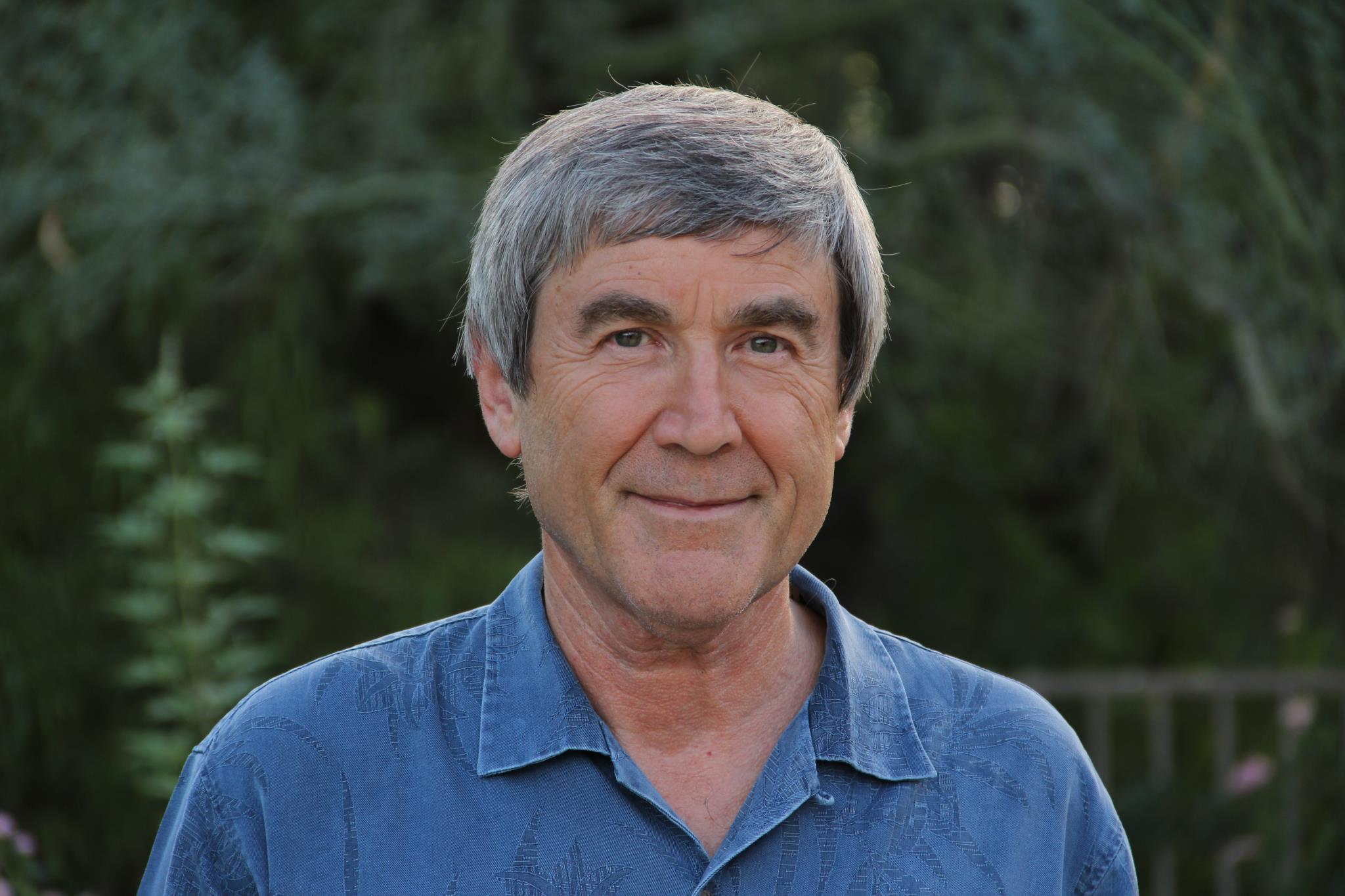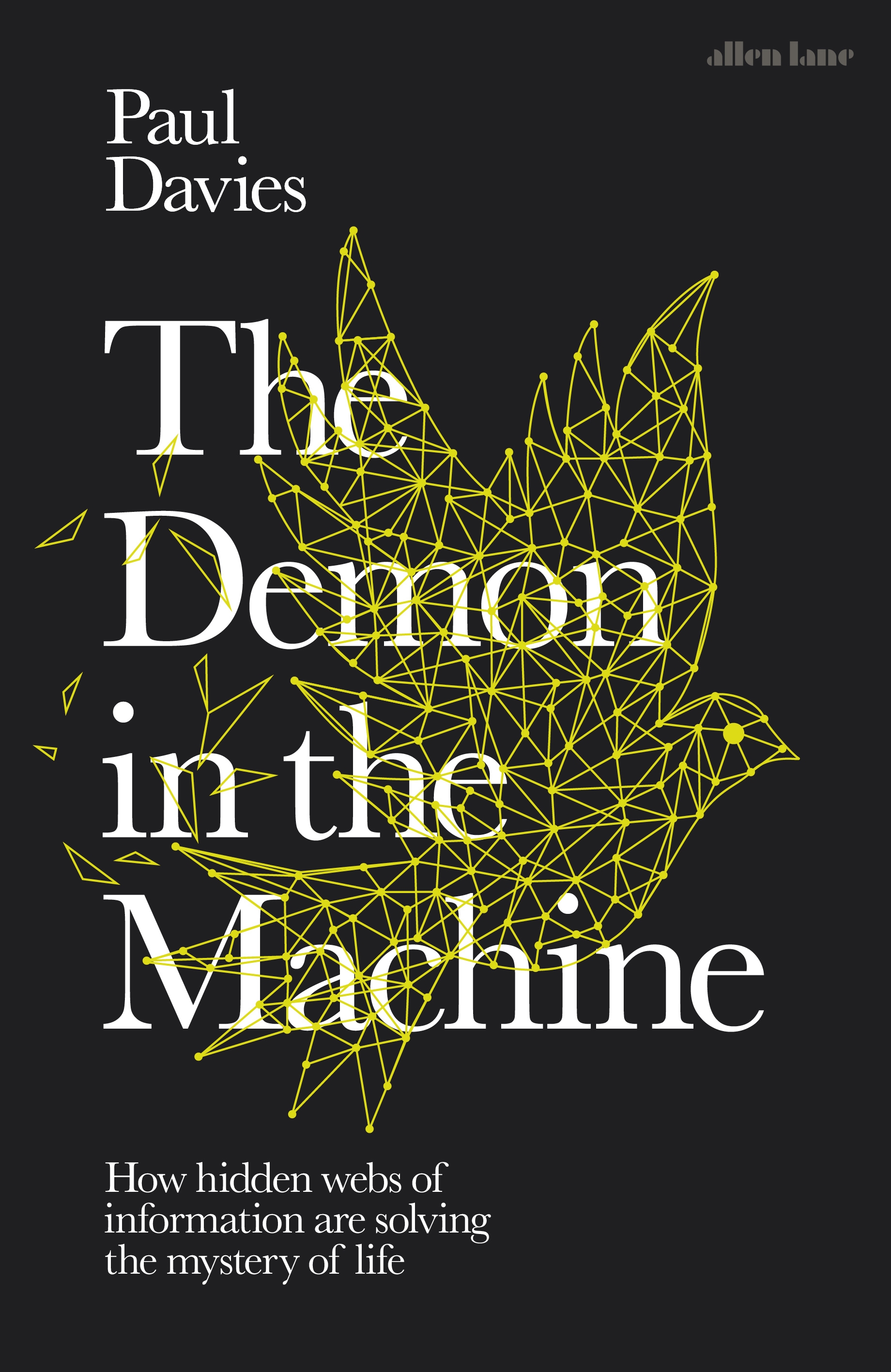Paul Davies runs the Beyond Center at Arizona State University. Despite being a physicist, Davies has been fascinated with biology for decades now. His new book, The Demon In The Machine, is an attempt to outline a new approach to understanding the nature and origin of life. Here he talks to Michael Brooks about the challenges of working outside a physicist’s comfort zone
How did you become interested in physics?
I grew up in London in the 1950s and it was a time of extraordinary austerity and serious boredom. We didn’t have a car, or go on holiday there was nothing to do. I can remember my father taking me to the cinema when I was 7 or 8, and we stopped to look at the stars on the way back and he was pointing some out. I saw shooting stars before the age of 11. Then I remember reading some little column in the Evening Standard about how many atoms there would be end-to-end in an inch – and thinking how can anybody know that? So I got fascinated: I discovered this wonderland called science.
Have you always ignored scientific boundaries?
Well, I do tend to be something of a contrarian. I also tend to gravitate towards and surround myself with people who have an adventurous spirit. I’m certainly not interested in what the clever people already know: I’m interested in what they don’t know. That’s where progress will be made. As a student I was really interested in life beyond Earth, and at the time, you might as well have said you were interested in studying fairies. But now the pendulum has swung and everybody says the universe is teeming with life. But it still bothers me that no one has any understanding of how non-living matter becomes living matter.
That’s been a bugbear of yours for a while now. Are we making progress?
I hope so. The accepted idea is that all it takes is mixing a few chemicals together and hey presto you’ve got life. I have to say, I’ve become much more sceptical about that. I think there are as yet undiscovered laws of life. Decades ago the great physicist Erwin Schrödinger said we need a new type of law to deal with life. I agree: I think life cannot be explained by existing physics. It needs new physics.
And you think that is somehow bound up with flows of information?
The question of the origin of life is really about how a mishmash of chemicals could turn into a system that starts organising information. The genetic code is truly astonishing. How can molecules write code? It’s absolutely stupendous what living systems do. But we will only understand the nature of life when we understand the laws of information that underpin it. This new book is an attempt to amalgamate the ideas we currently have, so we can move things forward.
Will a better understanding life have practical impacts?
Yes, in two areas. One is nanotechnology, where we can build life-like systems. The other is in biotechnology. It’s interesting that in medical research, people tend to talk like electrical engineers: they talk about genes being “wired together”, and they talk in terms of information flow. If there are principles of information flow in life, the idea of laws is going to be really important in determining what can be fixed. At the moment, when you go to the doctor and get a pill you don’t ever have that kind of discussion. But I can see a day where we’ll think of cancer cells a bit like defective radios: they still work but there’s something wrong. If you understand it in the way we understand the principles of electronics, you can go in and repair things, reboot them or upgrade them. We will come to think of many diseases as a need to do a software update in some manner.
What do you do to relax?
I run. It’s more exhausting than relaxing, but at least it’s not work. Also, I spend a chunk of the year in Sydney, where I have a boat and take that out quite a lot, including to some nice beaches. Although navigating Sydney Harbour is nerve-wracking, I do get to relax when we get to our destination!
Images courtesy of Paul Davies





